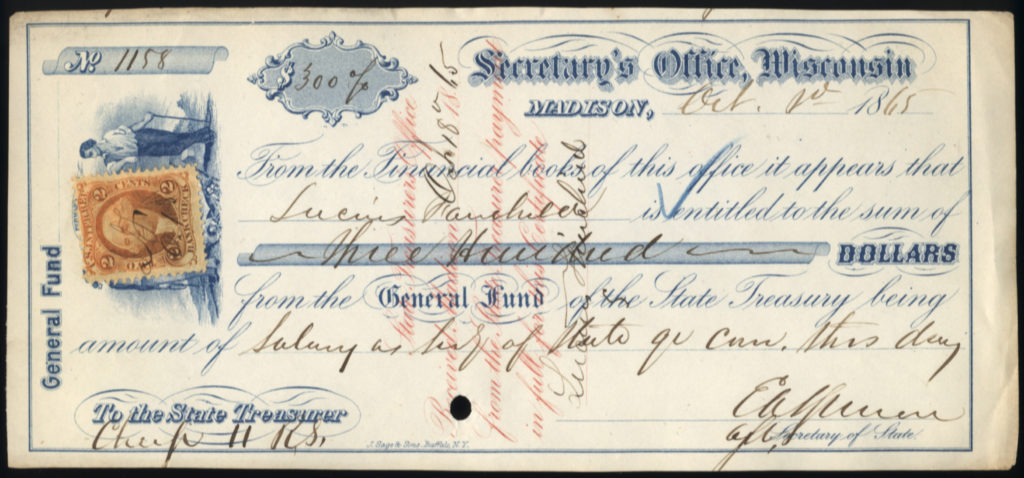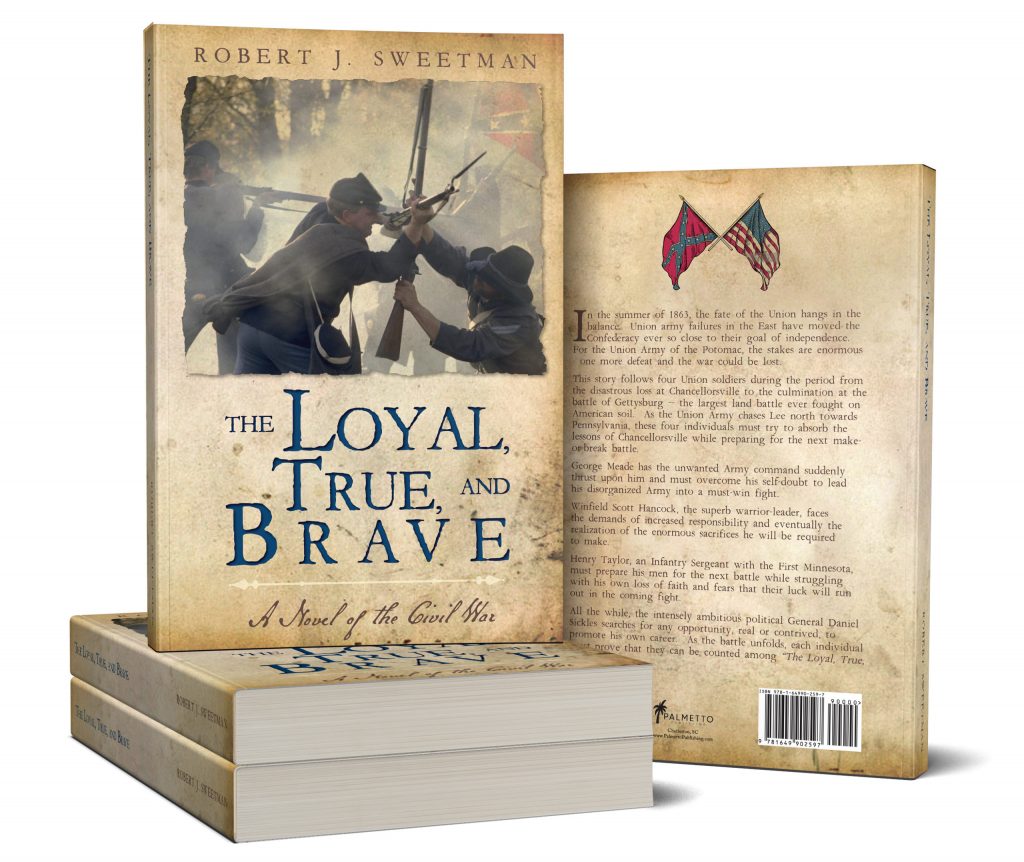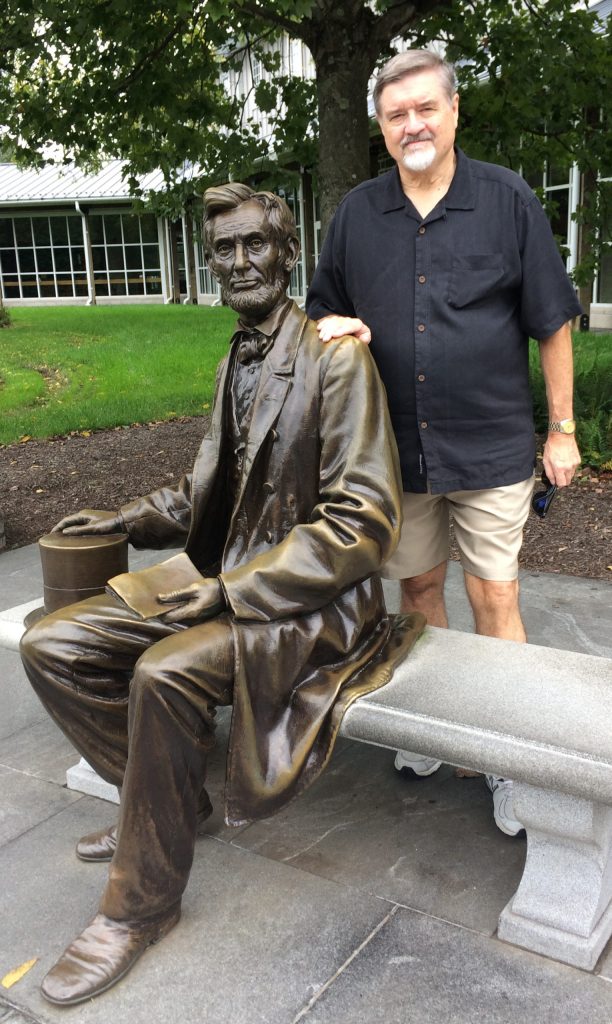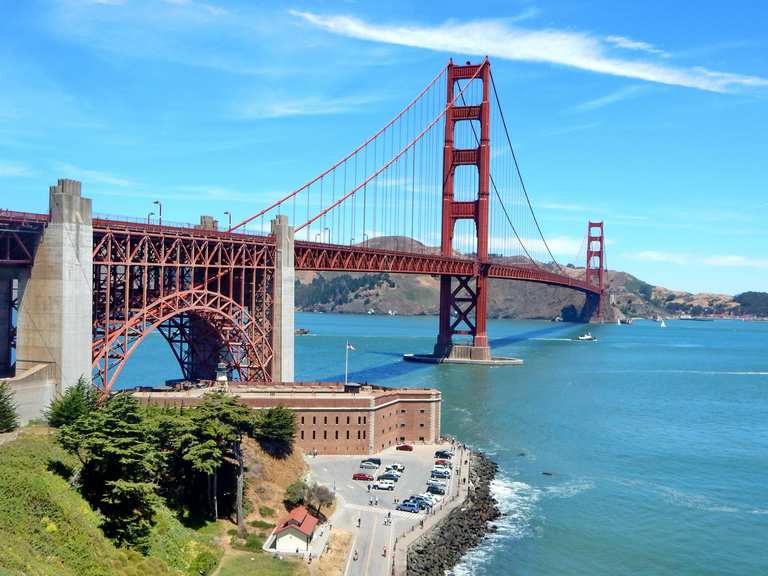Kristin Patterson on “United States Tax Stamps Used to Raise Funds for the Civil War”
The United States Government enacted its first Federal Tax on October 1, 1862, to raise money to support a Civil War that had been going on much longer than President Lincoln had anticipated. This presentation will talk about the different revenue stamps that were created including ones inscribed Agreement, Bank Check, Certificate, Insurance, Mortgage, Playing Cards, Probate of Will, Proprietary, and more, ranging in face value from 1¢ to $200. These stamps are gorgeous pieces of history with many still attached to the item for which they collected the tax.

Kristin started collecting postage stamps when she was 10. For the past 20 years, she has focused on U.S. Civil War tax stamps and documents with revenue stamps. She has been very active in the philatelic community, serving 4 years as President of Sequoia Stamp Club, 15 years as Chair of PENPEX Stamp Show (www.penpex.org), and currently serving on the American Philatelic Research Library Board.
Kristin has authored two books. In 2003, she self published It’s a Wrap! U.S. Revenue Stamps Used on Playing Cards, 1862–1883. This colorfully illustrated book highlights fifteen U.S. Playing Card Manufacturers. In 2010, she published her second book, WESTPEX – The First 50 Years, about the most successful stamp show in the U.S.
Kristin has also written many articles for philatelic journals, including the Soldiers’ National Cemetery at Gettysburg. This article discusses how the Gettysburg Cemetery came to be and how the union states funded the effort.
Kristin has donated for our raffle some taxed documents (signed by Civil War Brigadier Generals) from the period she will be talking about in her presentation. Make sure to purchase some raffle tickets at this meeting; all proceeds go to the SBCWRT. We hope to see you November 30, 2021.



